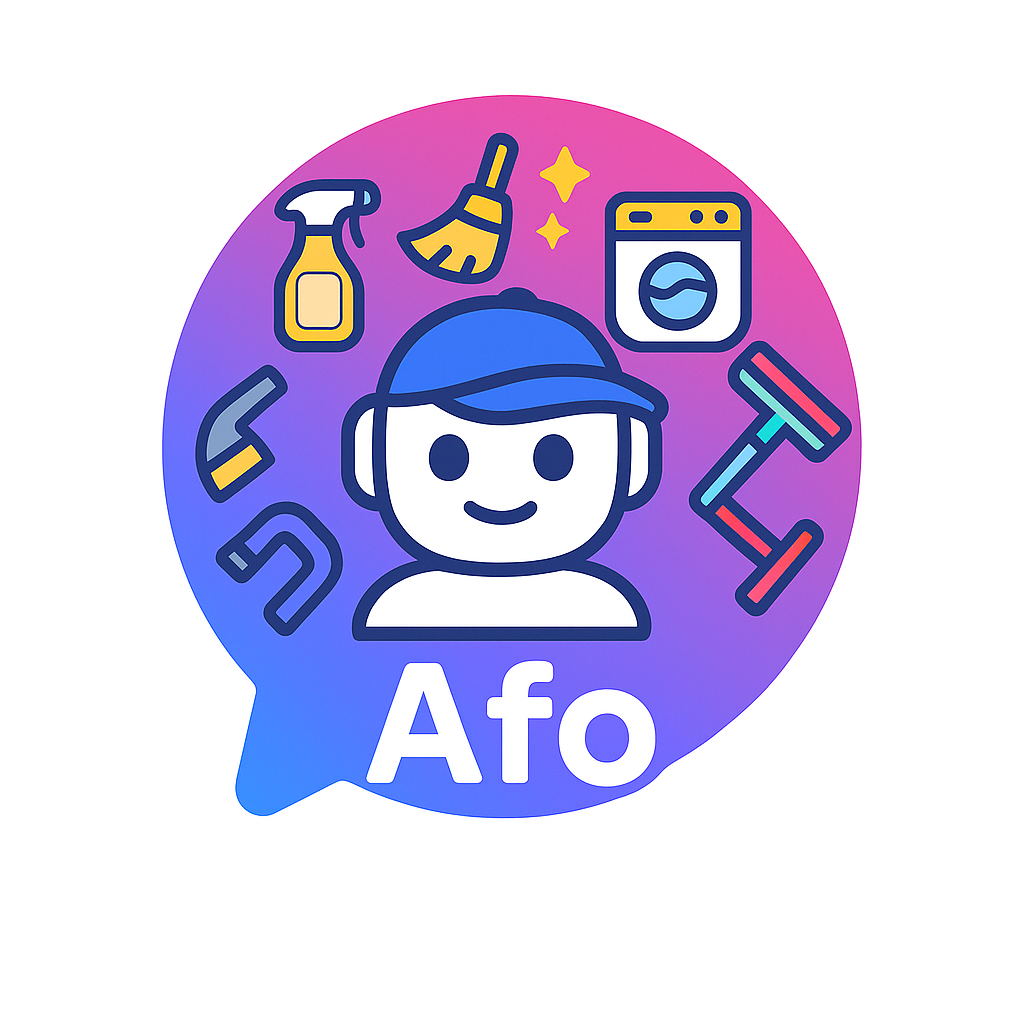afo blog
AI for Marketing
AI for Marketing |
Exploring how entrepreneurs can use AI tools to improve their marketing efforts. It covers practical applications like content creation, campaign optimization, and audience targeting, while also highlighting the importance of maintaining a human touch in branding and communication.
Artificial intelligence is rapidly transforming the landscape of marketing for entrepreneurs and small business owners. What was once a domain reserved for companies with large marketing departments and big budgets is now accessible to anyone with a laptop and an internet connection. AI-powered platforms are helping businesses streamline tasks like content creation, customer segmentation, and performance tracking, making it possible to do more with less time and fewer resources. For entrepreneurs juggling multiple roles, AI is not just a convenience—it can be a competitive edge that levels the playing field with larger competitors.
One of the most widely adopted uses of AI in marketing is content generation. Tools like ChatGPT, Copy.ai, and Jasper can assist in writing blog articles, crafting persuasive ad copy, generating engaging social media posts, or even drafting full email campaigns. These tools learn from large datasets and adapt to different tones and purposes, making them flexible for various niches. Visual content has also become easier to manage with platforms like Canva, which now includes AI features that suggest layouts, auto-generate designs, and adjust formatting with a single click. For entrepreneurs with no background in copywriting or design, these tools offer a fast and affordable alternative to outsourcing.
Beyond content, AI supports strategic planning and real-time decision-making in marketing campaigns. Platforms like AdCreative.ai and SurferSEO analyze data to determine what type of ads perform best across different channels. AI can help test multiple variations of headlines, CTAs, and visual elements to optimize performance. Email marketing platforms now use AI to personalize subject lines, predict the best time to send messages, and segment audiences based on past behavior. This allows even small businesses to run highly targeted campaigns that feel personal, without dedicating hours to manual analysis or segmentation.
Still, despite its impressive capabilities, AI should be used thoughtfully. Relying entirely on automated tools can lead to bland, repetitive, or off-brand messaging that turns away customers rather than attracting them. The human element—understanding emotional context, humor, cultural nuance, and brand personality—remains essential in building meaningful connections with audiences. Entrepreneurs should treat AI as a supportive assistant that amplifies their voice and extends their capabilities, not as a full replacement for creative input. When used strategically and with care, AI becomes a powerful ally in modern marketing that helps businesses grow efficiently without losing their unique identity.
One of the most widely adopted uses of AI in marketing is content generation. Tools like ChatGPT, Copy.ai, and Jasper can assist in writing blog articles, crafting persuasive ad copy, generating engaging social media posts, or even drafting full email campaigns. These tools learn from large datasets and adapt to different tones and purposes, making them flexible for various niches. Visual content has also become easier to manage with platforms like Canva, which now includes AI features that suggest layouts, auto-generate designs, and adjust formatting with a single click. For entrepreneurs with no background in copywriting or design, these tools offer a fast and affordable alternative to outsourcing.
Beyond content, AI supports strategic planning and real-time decision-making in marketing campaigns. Platforms like AdCreative.ai and SurferSEO analyze data to determine what type of ads perform best across different channels. AI can help test multiple variations of headlines, CTAs, and visual elements to optimize performance. Email marketing platforms now use AI to personalize subject lines, predict the best time to send messages, and segment audiences based on past behavior. This allows even small businesses to run highly targeted campaigns that feel personal, without dedicating hours to manual analysis or segmentation.
Still, despite its impressive capabilities, AI should be used thoughtfully. Relying entirely on automated tools can lead to bland, repetitive, or off-brand messaging that turns away customers rather than attracting them. The human element—understanding emotional context, humor, cultural nuance, and brand personality—remains essential in building meaningful connections with audiences. Entrepreneurs should treat AI as a supportive assistant that amplifies their voice and extends their capabilities, not as a full replacement for creative input. When used strategically and with care, AI becomes a powerful ally in modern marketing that helps businesses grow efficiently without losing their unique identity.
From the Afo Blog
